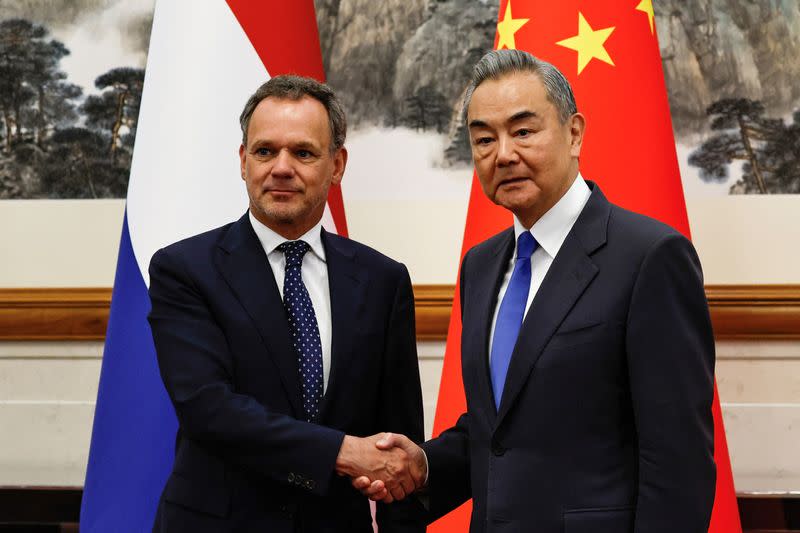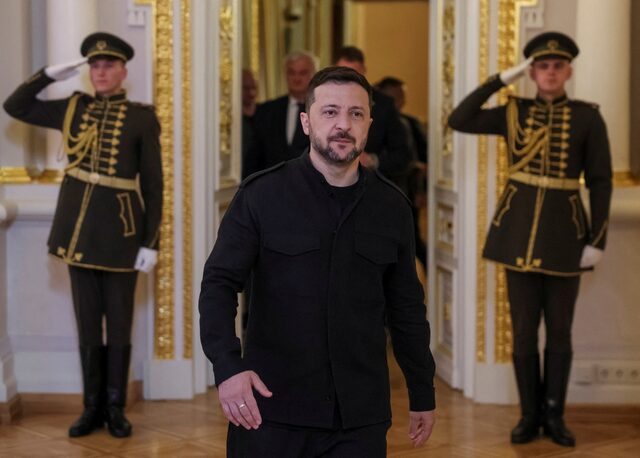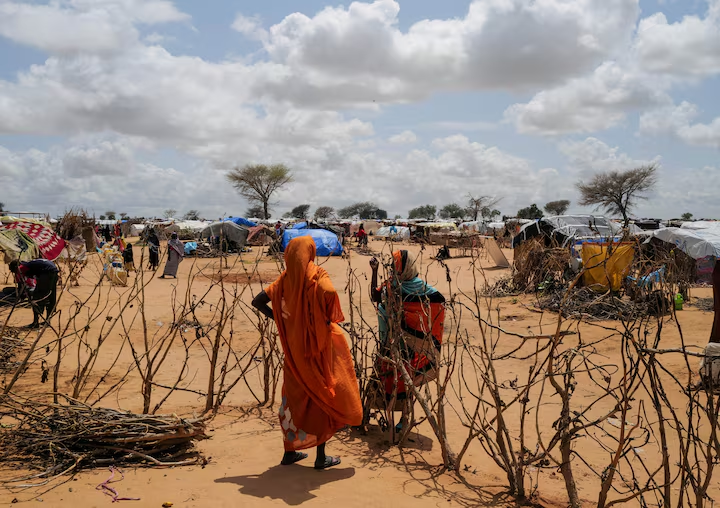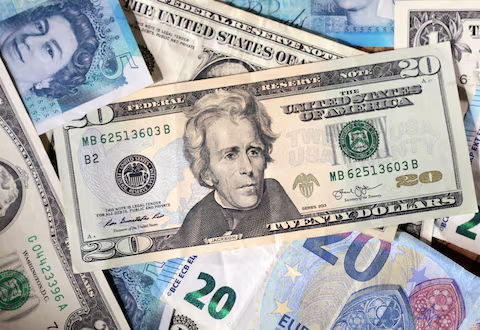China and Iran have reaffirmed their commitment to expanding strategic cooperation, deepening their political and economic ties during a high-level meeting in Beijing, as both nations seek to strengthen alliances in the face of rising tensions with the West.
Chinese President Xi Jinping met with Iranian President Ebrahim Raisi on Thursday, where the two leaders pledged to accelerate the implementation of the 25-year China-Iran Comprehensive Strategic Partnership Agreement. This long-term pact includes commitments on energy, trade, infrastructure, and military cooperation, signaling a stronger alignment between the two countries.
President Xi praised the resilience of the China-Iran relationship, stating that both sides “firmly support each other in safeguarding national sovereignty, security, and development interests.” He emphasized that China values Iran as a key partner in the Global South and intends to expand coordination on regional and international issues.
Raisi, on his part, thanked China for its “unwavering support” amid what he described as “unjustified Western pressure,” particularly from the United States. “Iran will always stand by China in defending multilateralism and opposing hegemonic interference,” Raisi said during the joint meeting.
The visit comes at a time of heightened geopolitical friction. Both countries are under intense scrutiny from Washington—China for its assertive posture in the Indo-Pacific and its stance on Taiwan, and Iran for its nuclear activities and support for militant groups across the Middle East. The leaders’ joint declaration presented a united front against what they called “unilateralism” and “external coercion.”
The China-Iran partnership is expected to include more joint infrastructure projects under the Belt and Road Initiative (BRI), with Iran serving as a crucial corridor linking East Asia and Europe. Iranian officials said the partnership would also enhance cooperation in energy security, digital economy, artificial intelligence, and defense training.
Notably, the two countries reiterated their support for Palestinian statehood and criticized recent Israeli military actions in Gaza. The joint statement called for an immediate ceasefire and a return to dialogue, while also reaffirming Iran’s backing of “resistance movements” and China’s advocacy for a two-state solution.
In addition to economic and diplomatic collaboration, there are signs of increased military engagement. While neither leader disclosed details, defense analysts noted growing frequency of joint naval drills in the Persian Gulf and the South China Sea involving Chinese and Iranian vessels. The two governments have also signed memorandums on cybersecurity and intelligence sharing.
This deepening alliance has raised concerns in Washington and among its allies. U.S. officials have warned that China’s partnership with Iran could undermine Western sanctions and embolden Tehran’s nuclear ambitions. In response, both China and Iran rejected what they called “extraterritorial sanctions” and affirmed their intention to continue energy and technology exchanges regardless of external pressures.
The high-profile meeting in Beijing underscores China’s broader diplomatic push to reshape the global order through partnerships with non-Western powers. It also highlights Iran’s pivot toward Eastern alliances as it remains largely isolated from Western financial systems.
As global divisions deepen, the China-Iran alliance could become a critical node in a new geopolitical landscape, challenging U.S.-led coalitions and reshaping influence across Asia and the Middle East. For now, both countries appear resolute in charting a shared path—one that rejects Western dominance and champions multipolar cooperation.
Source: CGTN



